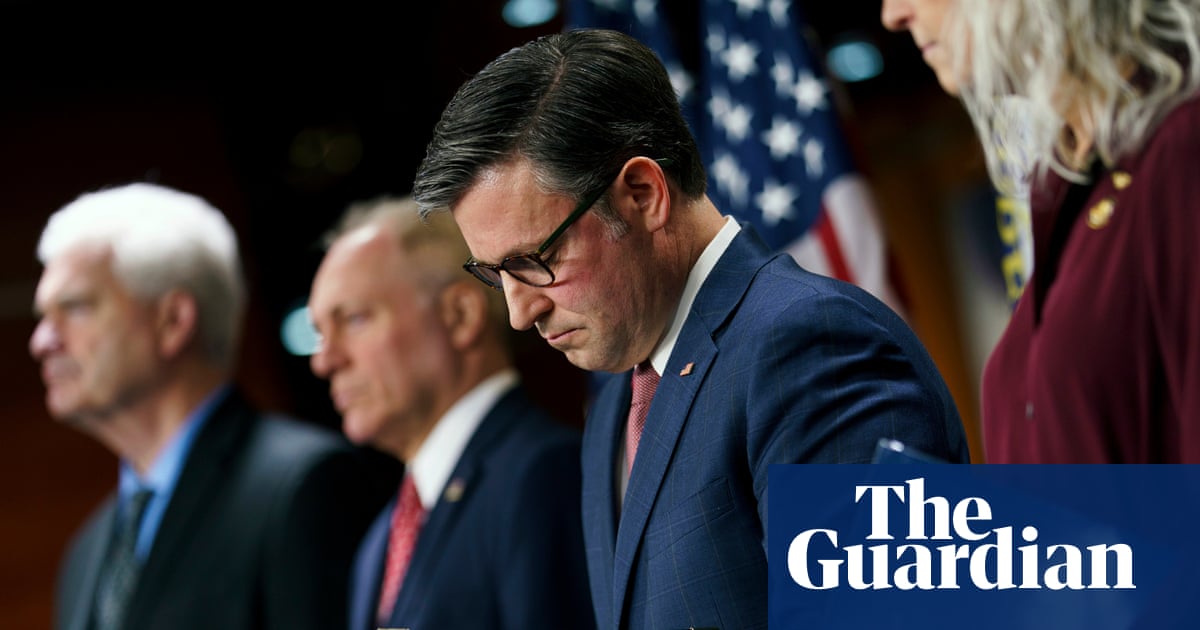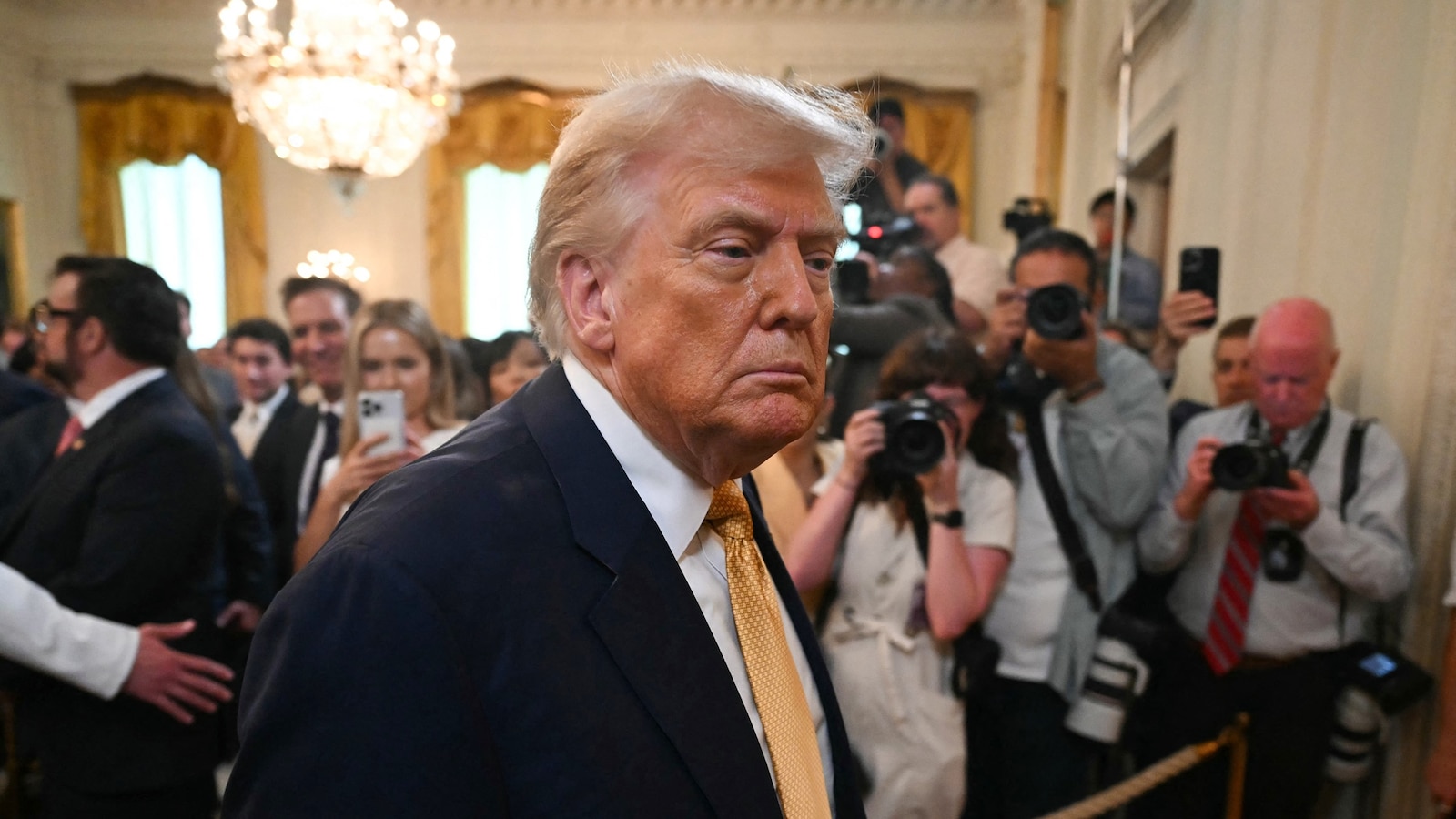T4K3.news
House Republicans adjourn early amid Epstein document controversy
House Republicans will end their session one day earlier than planned, avoiding a vote on Epstein files.

The House of Representatives adjourns a day early amid controversy over Epstein documents.
House Republicans end session early to avoid Epstein file vote
House Republicans announced on Tuesday that they will adjourn a day earlier than planned, ending their session before voting on a proposal to release Jeffrey Epstein's files. Initially scheduled to work through Thursday, the decision to leave on Wednesday has drawn criticism from Democrats who argue this shows a reluctance to confront issues surrounding the Epstein case. Ted Lieu, House Democratic caucus vice-chair, accused the GOP of sidestepping votes due to fear over the Epstein topic. Majority Leader Steve Scalise downplayed the change, stating that significant work is ongoing in committee meetings. Speaker Mike Johnson emphasized the need for caution in handling sensitive information related to Epstein's victims. Meanwhile, frustration mounts as Democrats seek to compel the release of documents linked to Epstein, whose case has resurfaced following recent news from the Justice Department. Although some bipartisan efforts are in the works, including a potential vote proposed by Thomas Massie and Ro Khanna, no definitive vote is expected until after the August recess. Lawmakers are concerned that cutting short this week may impede essential budget discussions that need resolution before the government funding deadline.
Key Takeaways
"They are actually ending this week early because they’re afraid to cast votes on the Jeffrey Epstein issue."
Democrat Ted Lieu criticizes the Republican decision to adjourn early.
"There’s no purpose for Congress to push an administration to do something that they’re already doing."
Speaker Mike Johnson defends the decision to cut short the session, emphasizing caution.
"We haven’t done appropriation bills, and yet we’re going to take extra days off."
Joe Morelle expresses concern about missed opportunities for essential budget discussions.
The early adjournment by House Republicans raises significant questions about accountability. In an era where political pressure often shapes decision-making, this choice may reflect broader strategic calculations rather than a commitment to transparency. As the issue of Epstein continues to provoke public interest, the reluctance to vote shows a divide in priorities. Democrats see an opportunity to leverage this moment politically, while Republicans grapple with managing their base amid rising tensions over the Epstein narrative. The prospect of bipartisan efforts—notably involving Massie and Khanna—points to a potential shift, though it is essential to consider whether these actions will indeed lead to meaningful outcomes or merely serve as political theatre.
Highlights
- Republicans avoiding Epstein votes exposes political fear.
- It's troubling when political strategy overshadows accountability.
- Caution over transparency aims to protect victims, not silence them.
- Cutting the session early highlights a significant political divide.
Political backlash anticipated due to decision
The decision to adjourn early has sparked criticism that Republicans are avoiding accountability regarding the Epstein files. Both parties seem to be strategizing their positions for upcoming elections, which is a politically sensitive maneuver.
As lawmakers return in September, the implications of these decisions will likely resonate throughout the session.
Enjoyed this? Let your friends know!
Related News

Republicans call early recess amid Epstein controversy

Johnson ends legislative session early over Epstein matter

Trump's Epstein files controversy continues

House GOP cancels votes due to Epstein investigation fallout

Republican lawmakers clash over Epstein file release

Justice Department reaches out to Maxwell for meeting

Trump diverts Epstein controversy claims

Congress subpoenas Ghislaine Maxwell to testify about Epstein
